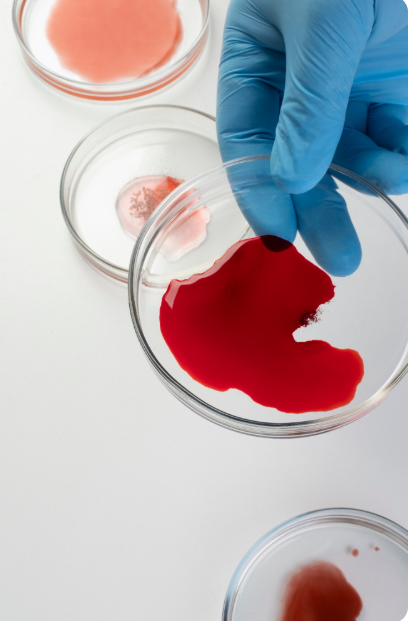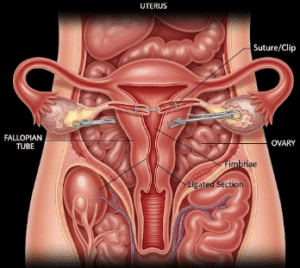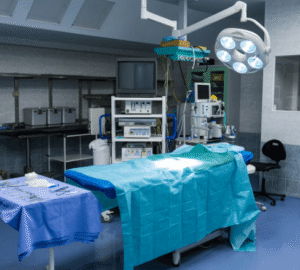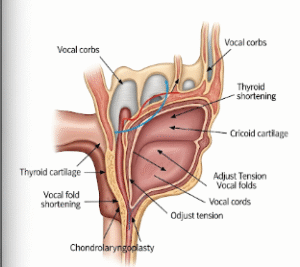Overview
Chronic Myelogenous Leukemia (CML), also known as chronic myeloid leukemia, is a type of blood cancer that originates in the bone marrow and is characterized by the overproduction of abnormal white blood cells (myeloid cells). In Korea, advanced hematology and oncology centers provide early diagnosis, targeted therapies, and comprehensive care, leading to significantly improved survival rates.
What is Chronic Myelogenous Leukemia?
CML is a slow-progressing leukemia that primarily affects adults. It is associated with a specific genetic abnormality called the Philadelphia chromosome, which produces an abnormal protein (BCR-ABL) that promotes uncontrolled growth of myeloid cells. The disease progresses in three phases: chronic, accelerated, and blast phase. Early detection and treatment can often keep the disease in the chronic phase for years.
Symptoms
- Fatigue and weakness
- Unexplained weight loss
- Night sweats and fever
- Abdominal discomfort due to enlarged spleen
- Bone or joint pain
- Easy bruising or bleeding
- Frequent infections in advanced stages
Causes
- Genetic mutation in hematopoietic stem cells resulting in Philadelphia chromosome (BCR-ABL fusion gene)
- Exact triggers for the mutation are unknown
- Exposure to high-dose radiation may slightly increase risk (rare)
- No direct lifestyle causes have been identified
Risk Factors
- Age: most commonly affects adults between 40–60 years
- Male gender slightly more affected than female
- Previous exposure to high-dose radiation (rare)
- Family history of blood disorders (rare)
Complications
- Disease progression from chronic to accelerated or blast phase
- Severe anemia or low platelet count
- Increased susceptibility to infections
- Bleeding or bruising due to impaired clotting
- Organ enlargement and dysfunction (spleen, liver)
Prevention
- No guaranteed prevention due to genetic origin
- Regular medical check-ups for early detection in at-risk individuals
- Avoid unnecessary exposure to radiation or toxic chemicals
Treatment Options in Korea
CML management focuses on targeted therapy, disease control, and monitoring:
- Targeted therapy:
- Tyrosine kinase inhibitors (TKIs) such as imatinib, dasatinib, or nilotinib to block BCR-ABL protein activity
- Effective in keeping most patients in chronic phase for years
- Other therapies:
- Interferon therapy in select cases
- Chemotherapy or stem cell transplantation for resistant or advanced-stage disease
- Specialized hospitals in Korea:
- Samsung Medical Center Hematology and Oncology
- Seoul National University Hospital, Asan Medical Center, Severance Hospital
- Multidisciplinary teams including hematologists, oncologists, and supportive care specialists
- Follow-up care:
- Regular blood counts and molecular monitoring of BCR-ABL levels
- Management of treatment side effects
- Supportive care including infection prevention and lifestyle counseling













